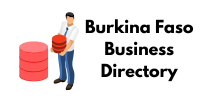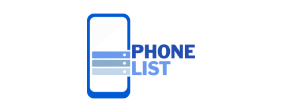Unsupported scripts and Crawlability issues can also arise due to the technology you use on your site. This is the case, for example, if you protect content behind a form, since crawlers cannot follow forms.
Various scripts, such as JavaScript or Ajax, can also prevent robots from accessing content.
6. Blocked access to Unsupported scripts and indexing robots
Finally, you could deliberately prevent crawlers from indexing pages on your site.
And there are good reasons to do so.
For example, you might have created a page that you want to restrict public access to. To do this, you also need to prevent crawlers from accessing it.
However, it’s also easy to accidentally block job function email database access to other pages. A simple coding error, for example, could block an entire section of the site.
How to make your website easier to crawl and index?
Now that we’ve covered some of the factors that can affect your site’s crawlability and indexability, the first step is to make sure none of them are a factor.
But there are other things you can do to make it easier for crawlers to access and index your pages.
1. Submit sitemap to Google
Sitemap is a small file located in the root folder of your domain that contains direct links to each of your site’s pages and submits them to the search engine using Search Console .
The sitemap will inform Google about your the proposed agreement will be content and alert them of any updates you have made.
2. Strengthen your internal network
Properly organizing your internal linking will certainly have a positive impact on crawlability. To increase the chances that Google’s crawler will find all of your site’s content, improve your internal linking so that all of your content is linked.
Content is the most important part of your website. It allows you to attract visitors, introduce them to your business, and turn them into loyal customers.
But content also helps improve your site’s clean email crawlability. In fact, crawlers visit sites that constantly update their content more frequently. This means they’ll crawl and index your page more quickly.
4. Avoid duplicate content
Duplicate content, meaning pages that have the same or substantially similar content, can cause your site to drop in rankings.

